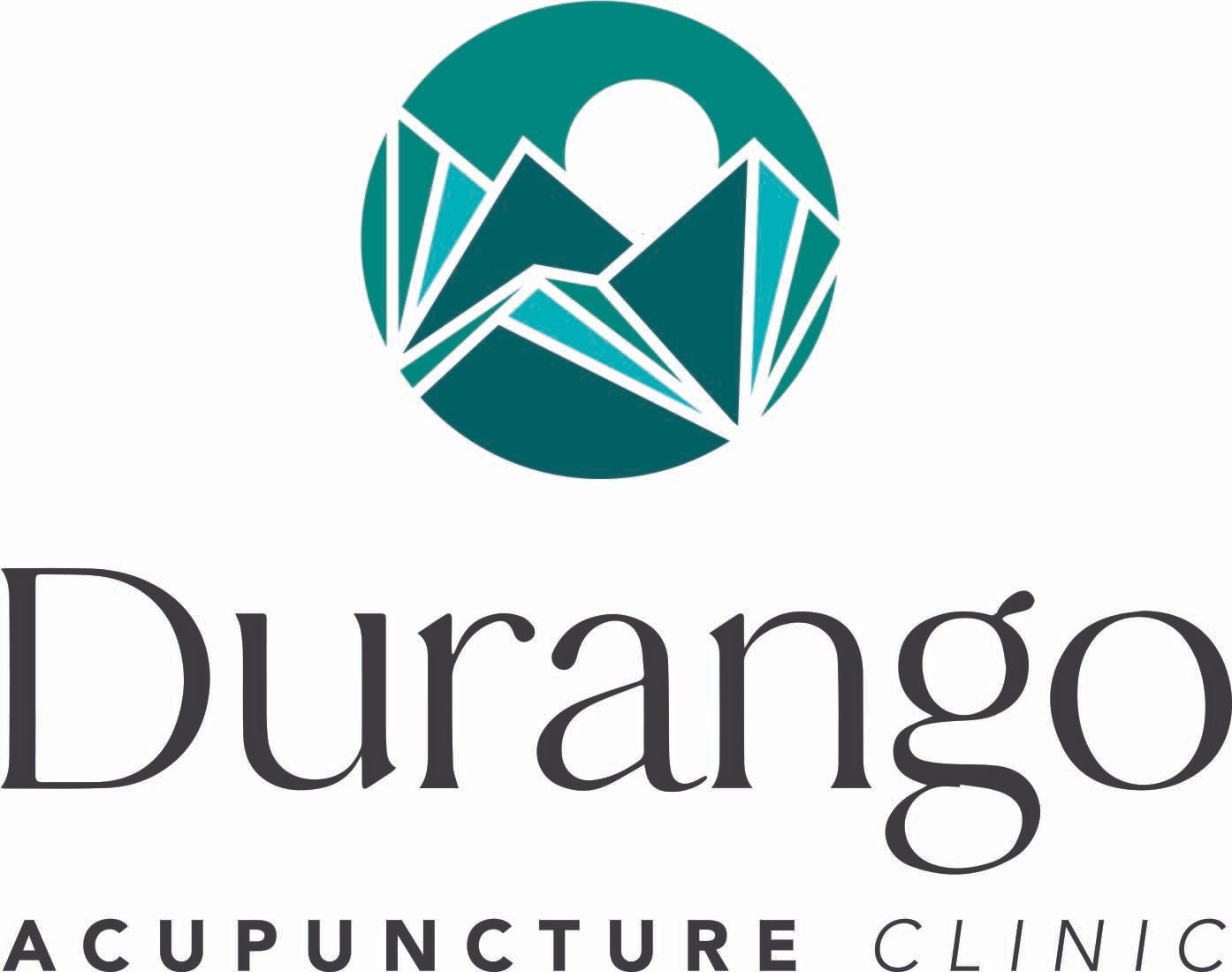The Truth About Acid Reflux
Stomach Acid Gets a Bad Wrap…
Gas, bloating, belching, acid reflux, indigestion, they’re all symptoms most of us have encountered after a particularly large meal or party, many of us experience this kind of discomfort on a daily basis and we blame it on the belief that our stomachs are producing too much acid and take medications to suppress this acidity. But it turns out that stomach acid is your friend and we’ve vilified the very thing that can solve our gastric woes. As it turns out, roughly 90% of GERD and Acid reflux cases are caused by insufficient stomach acid, rather than too much and there are over 16,000 medical articles and studies to support this theory. Pharma has made a lot of money off of the vilification of stomach acid, and I’m about to throw a little shade on the subject.
You see, stomach acid is your friend, only more awesome…
Stomach acid:
Sterilizes your food: protecting you from gross bacteria like H. Pylori
Digests proteins
Activates pepsin; to help you break down nutrients
Activates intrinsic factor: for all those folks who like their vitamin B12 to be absorbed
Stimulates bile and enzyme delivery
Closes the esophageal sphincter: that’s right, hypo-acidity can actually result in the sphincter staying open and creating acid reflux! (I know, I said sphincter twice, stop giggling).
It would be pretty weird if your friend digested your food for you, but for your stomach it's no big deal. Stomach acid is your hero and low stomach acid = poor digestion which leads to poor absorption and assimilation of all our favorite vitamins including: B12, Iron, folate, vitamin A and zinc which can lead to a cascade of other issues including B12 deficiency, low energy, leaky gut and autoimmune disease. Yikes!
“But I don’t have low stomach acid, do I?”
Well here’s the long and sorry list of low stomach acid symptoms to find out:
Bloating Belching
Chronic gas Indigestion
Diarrhea Chronic fatigue due to lack of nutrients Autoimmunity due to leaky gut
Rectal itching due to bacterial overgrowth Candida
Hair loss due to poor zinc and iron absorption Heartburn
B12 deficiencies Food allergies
Acne due to bacterial overgrowth Dry skin and dandruff
Weak peeling fingernails due to zinc and iron deficiencies.
It’s cool though, my doctor prescribed me this swell PPI and my woes are over!
Not cool! … proton pump inhibitors are like the mean girl in the school lunchroom, sure she’s nice and soothing at first, but the moment you’ve gone to the bathroom she’s eaten all your cookies and is talking smack about you to the kids at the next table. Which is to say that PPIs suppress stomach acid, allowing the bad bacteria H. Pilori to flourish and go wild like a pack of middle schoolers at a Taylor Swift concert. H. Pilori inhibits the digestion of proteins, sending the raw material into the small intestine where bad bacteria feed on your food via fermentation, causing uncomfortable gas and bloating and a super fun case of small intestinal bacterial overgrowth. Additionally, this reduced stomach acid results in the body’s inability to absorb nutrients and you end up with the painfully long and desperate list of symptoms above.
And your body becomes dependent on PPI’s
Because PPI’s are constantly making the problem worse while masking the symptoms, they are a pharmaceutical company’s dream because getting off a proton pump inhibitor is like trying to walk on a floor full of legos in the dark.
So what’s a person with tummy troubles to do?
First off, just say NO!
To Proton pump inhibitors, avoid them like you avoid those Boy Scouts selling $20 bags of popcorn at the entrance to city market.
But if you’re already on one, wean off slowly!
Dr. Mercola gives great advice on the importance of weaning off this medication slowly and carefully by using over the counter medications like Tagamet or Zantac over the course of a few weeks while also following the dietary suggestions below while maintaining communication with your doctor as well as your acupuncturist or naturopath.
Baby come back!
13 steps to woo stomach acid back into your life:
Cut back on or altogether stop the ingestion of: Nicotine, alcohol, gluten and caffeine. (I just lost you, didn’t I?)
Incorporate an easy to digest liquid diet when you’re on the go via smoothies, bone broth and collagen rich protein shakes. Like Dr. Axe brand
Get acupuncture to enhance the digestive system, boost energy, enhance immunity and reduce stress. There are several Chinese herbal formulas to enhance energy and digestion as well.
Take a high quality digestive enzyme with meals (I’ve got an amazing one in my office).
Replace processed salt with pink Himalayan sea salt, as this is a building block for creating Hydrochloric acid which is vital for protein digestion.
Consider supplementing with betaine HCL for added help with digesting proteins see me for details on how to safely do this.
Use ginger; nibble on a root, add fresh or dried to foods or eat fermented.
Hydrate, hydrate, hydrate between meals, avoid water like you’ve got rabies for a half hour before or after eating.
Add lemon and apple cider vinegar to your water and drink aloe Vera.
Eat and drink plenty of fermented foods like coconut Kefir, kombucha, sauerkraut, Kimchi and any kind of fermented veggie.
Consider taking carminatives like DGL licorice (I’ve got this in my office)
Eat your protein first when your acid is most plentiful
Relax, eat slowly, chew thoroughly and eat big meals when you are not stressed.
While this seems like a lot, before you know it, you and your stomach acid will be bff’s forever again and you won’t need to rely on HCL supplementation any more.

